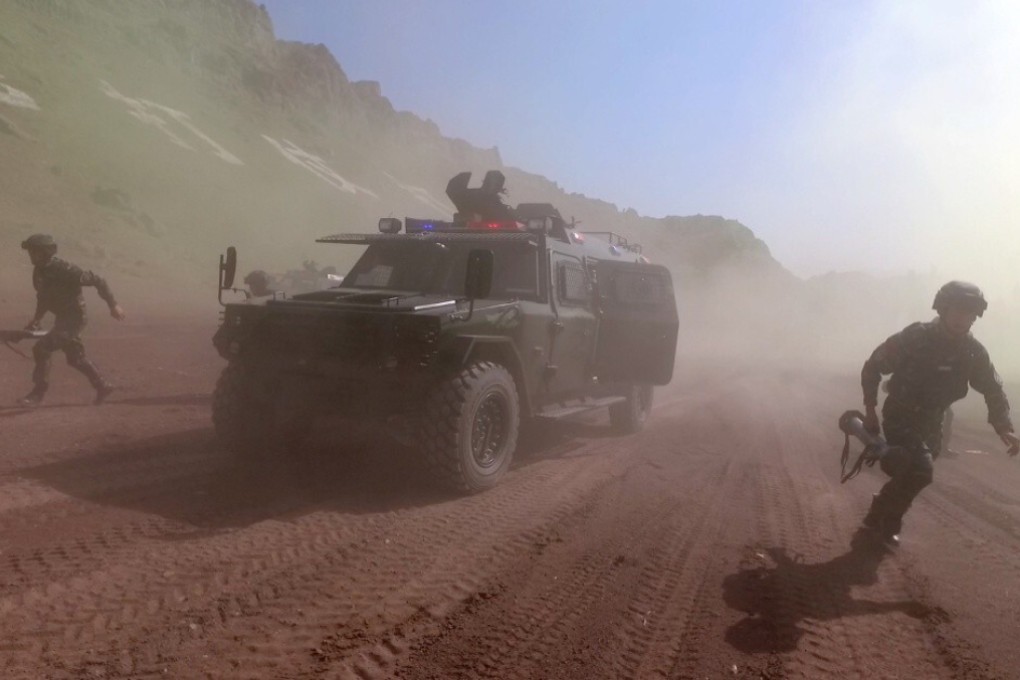China weighs how best to bolt the back door to terrorists from Afghanistan
- Beijing fears instability in Afghanistan could pose a threat via other neighbouring countries such as Tajikistan, Uzbekistan and Turkmenistan
- The danger of a spillover after the Taliban’s takeover raises the importance of cooperation between countries in the region

There are growing concerns for the Chinese government that instability in landlocked Afghanistan following the militant group’s takeover could spill across vulnerable Afghan borders into Tajikistan, Uzbekistan and Turkmenistan to the north, as well as threatening other regional players such as Pakistan, Iran, Russia, India and Turkey.

03:31
Thousands of Afghans flee as UN warns of 'unprecedented' civilian deaths from Taliban offensives
Lu Xiang, a senior researcher on China-US relations at the Chinese Academy of Social Sciences, said that China had military deployments within 100km of the border with Afghanistan that could help prevent infiltration by terrorist forces, but there could be a risk of being breached via Afghanistan’s northern neighbours.